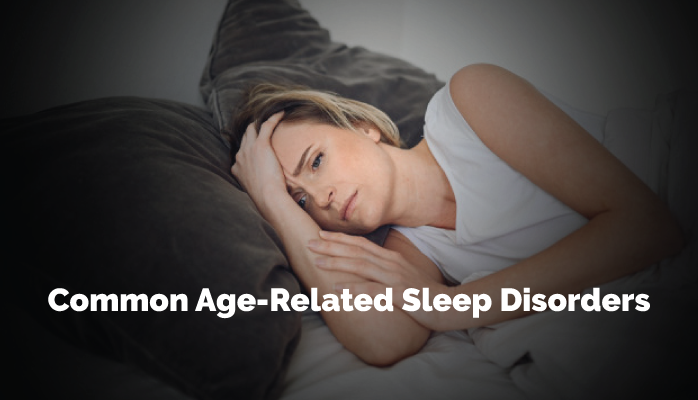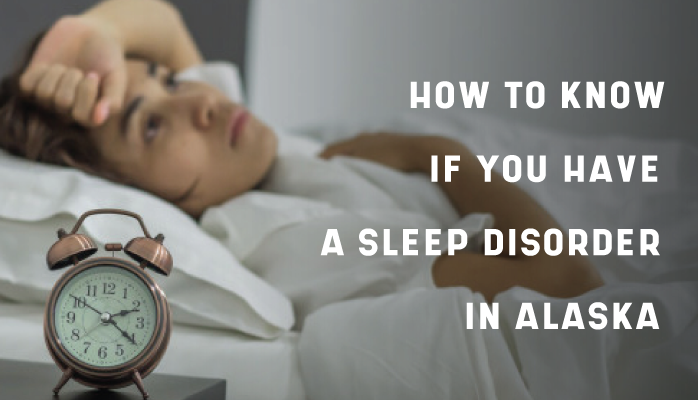Getting Older Often Means More Sleep Problems
As you get older, the likelihood that you will develop or report sleeping troubles will increase. This is because as you age, your sleep patterns will change, requiring you to acquire sleep differently than you did when you were, say, 20 years old. Generally speaking, as you get older your sleep pattern changes in the following ways:
- You will likely sleep less than 7 hours at night
- Your sleep may feel less restful during the night
- You may be more inclined to nap
- The times that you go to bed and wake up will also likely change
As an adult, you should be averaging between 7-9 hours of sleep every day. These figures are extensively researched and you should be dubious when someone says that they can do fine with 5 hours of sleep. The key work here is 7-9 hours per day, not just at night.
When you are younger, you likely had little trouble getting 7-9 hours of uninterrupted sleep every night. But your sleep pattern changes as you age. Getting 7-9 hours of sleep, let alone even 5 or 6 hours, at one time may seem impossible when you get older.
While your pattern might change, your need for getting a certain amount of sleep won’t. So to get the full amount of sleep when you're only getting 4-5 hours at night, you might need to start supplementing your nightly sleep with a long nap or two, or by having two long periods of sleep at night with a break of several wakeful hours in the middle of the night. The point is that you will have to be more conscious of when and how you get your sleep.
These sleep changes happen for life reasons (stress, children, jobs), hormonal changes, and natural physiological changes that make you more susceptible to certain sleep disorders. Let’s look at some of the sleep disorders that are more common in older people.



